Our principal investigator, Harald Müller, and colleague Carmen Wunderlich have published an article in Contemporary Security Policy journal "Not lost in contestation: How norm entrepreneurs frame norm development in the nuclear nonproliferation regime."
Abstract of the article:
With near universal membership, the nuclear nonproliferation regime can be considered a success of global nuclear governance. While it has proven robust since the Nonproliferation Treaty entered into force in 1970, the regime has faced continuous contestation, precisely because it is a delicate compromise between the nuclear and non-nuclear weapon states. In this article, we analyze the patterns of contestation within the regime as well as the actors driving these contestation processes. Our purpose is to assess how contestation has affected the development of nuclear norms. We show that contestation can lead to normative progress, result in blockage, or even lead to decay. We argue that the outcome depends on three factors: a commitment by the powerful parties to appreciate the positions of the non-nuclear weapon states, the engagement of bridge-builders to shape compromises, and the construction of reciprocal gains for and compliance by all parties.

